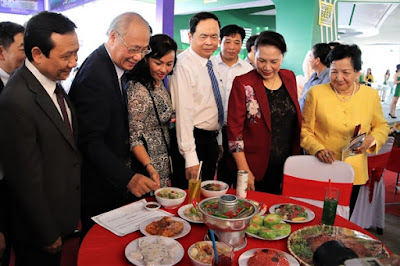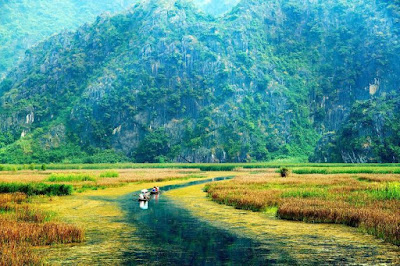International Airport to re-open from the morning of Saturday, May 16, less than two days away. Two days ago officials from the local provincial hall participated in an inspection of all the changes and preparations made to cater for passenger travel in the Covid era.
The Phuket International Airport is one of the last major airports to re-open to passenger traffic and commercial flights. The CAAT ordered the airport closed on April 3 to restrict air travel as health authorities nationwide battled to contain the spread of the virus at the time.
The order says that people arriving in Phuket from other provinces will be required to fill in an a form describing their travel history, particularly recently and information about where they are staying whilst on the island. At this stage the opening of the airport is only to limited domestic flights.
“All people leaving the island must register their health condition on the AOT Airports app.”
A ban remains in force for international flights at least until May 31 and a possibility that it could be extended another 15 days.
For land departures there has been a requirement for Phuket people, arriving in some provinces, to adhere to a 14 day quarantine. This order from the CAAT does not mention that requirement. We will post more information when it becomes available.
Currently land departures are required to have a fit-to-travel document saying that they have been in self-quarantine for 14 days before their date of travel. That has not been specified for air travel at this stage.
3 airlines have already notified the PIA of their plans to resume limited domestic passenger services in and out of Phuket, at one flight a day, according to the governor. Other domestic airports have been opened up around the country for limited services.
Provincial authorities also agreed yesterday to ask the Interior Ministry to allow reopening of all sea and road links from Saturday. No approval has been given at this stage.
The first flight we could see that was available for booking was a 9.30am flight on Monday morning with Air Asia from Phuket (HKT) to Don Mueang in Bangkok (DMK) for the princely sum of 4,686 baht.
Aircraft are also requiring specific seating to avoid people sitting next to each other and an insistence that passengers must wear masks. There is also no food and beverage services allowed on domestic services at this stage and travelers are urged to arrive at the airport 3 hours before their flight for additional check in procedures.
The Phuket International Airport is one of the last major airports to re-open to passenger traffic and commercial flights. The CAAT ordered the airport closed on April 3 to restrict air travel as health authorities nationwide battled to contain the spread of the virus at the time.
The order says that people arriving in Phuket from other provinces will be required to fill in an a form describing their travel history, particularly recently and information about where they are staying whilst on the island. At this stage the opening of the airport is only to limited domestic flights.
“All people leaving the island must register their health condition on the AOT Airports app.”
A ban remains in force for international flights at least until May 31 and a possibility that it could be extended another 15 days.
For land departures there has been a requirement for Phuket people, arriving in some provinces, to adhere to a 14 day quarantine. This order from the CAAT does not mention that requirement. We will post more information when it becomes available.
Currently land departures are required to have a fit-to-travel document saying that they have been in self-quarantine for 14 days before their date of travel. That has not been specified for air travel at this stage.
3 airlines have already notified the PIA of their plans to resume limited domestic passenger services in and out of Phuket, at one flight a day, according to the governor. Other domestic airports have been opened up around the country for limited services.
Provincial authorities also agreed yesterday to ask the Interior Ministry to allow reopening of all sea and road links from Saturday. No approval has been given at this stage.
The first flight we could see that was available for booking was a 9.30am flight on Monday morning with Air Asia from Phuket (HKT) to Don Mueang in Bangkok (DMK) for the princely sum of 4,686 baht.
Aircraft are also requiring specific seating to avoid people sitting next to each other and an insistence that passengers must wear masks. There is also no food and beverage services allowed on domestic services at this stage and travelers are urged to arrive at the airport 3 hours before their flight for additional check in procedures.
Source - The Thaiger






















